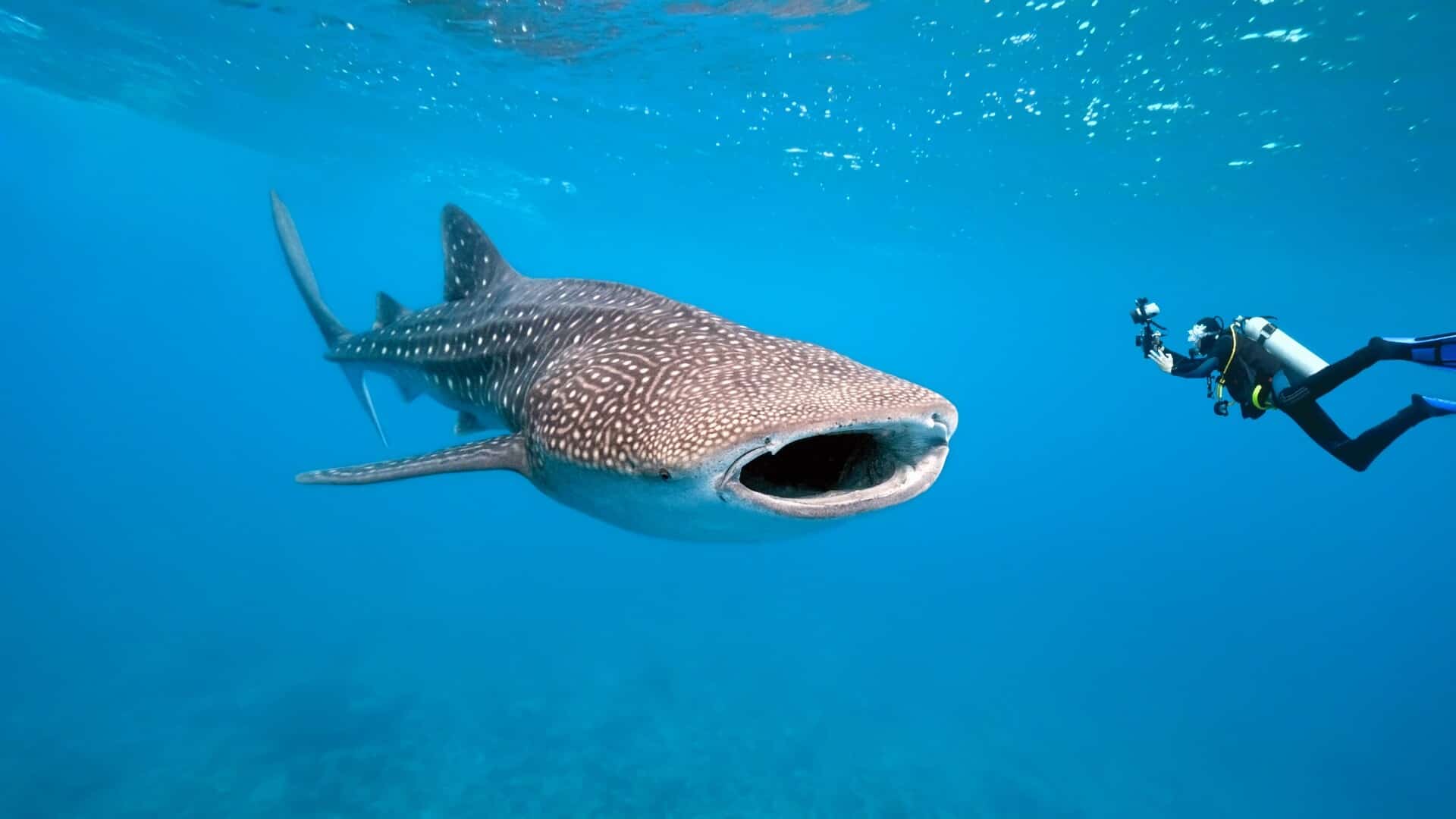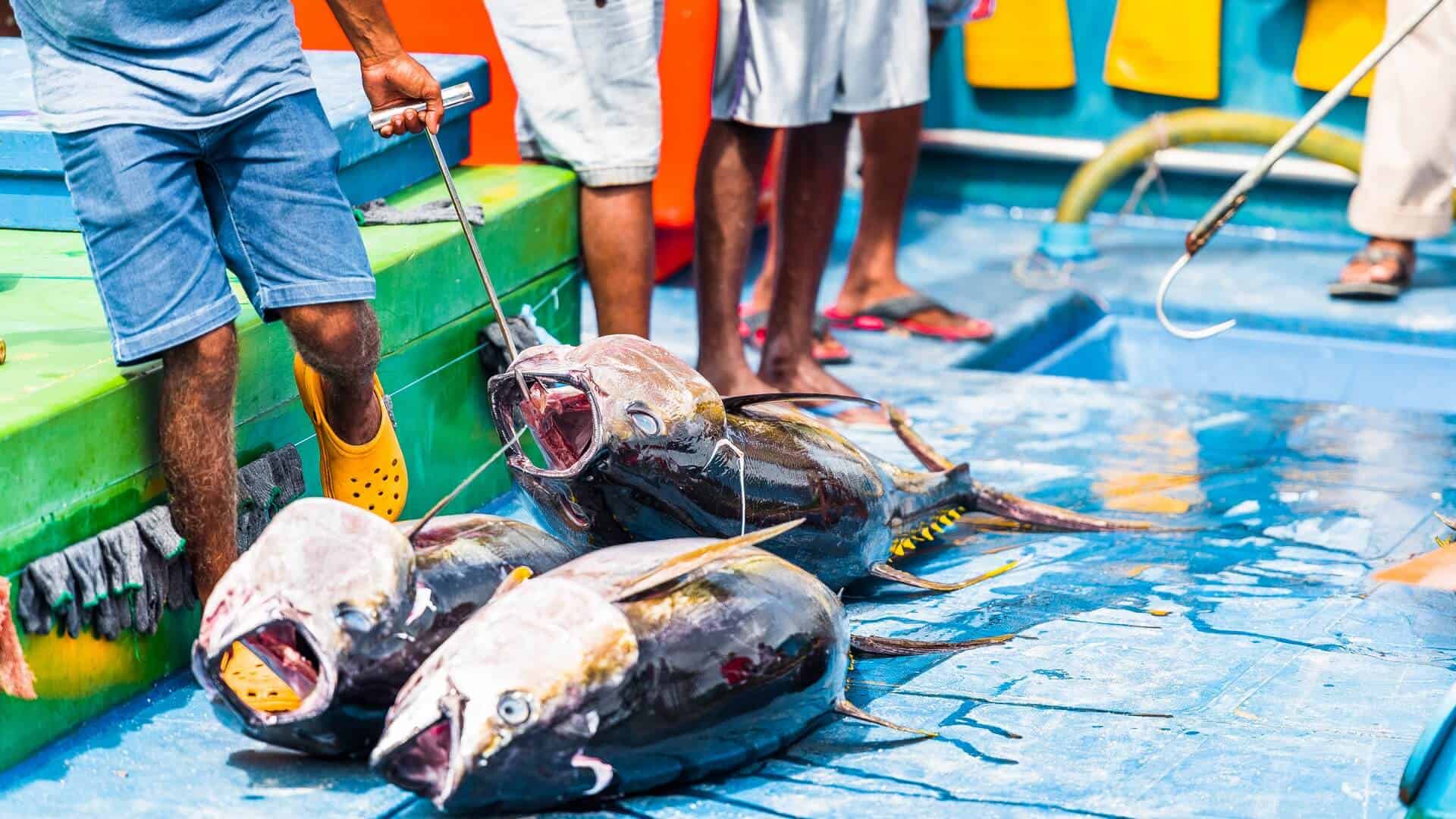National holidays of the Maldives
Most holidays that are associated with weekends and bustling celebrations are divided into a few categories in the Maldives. Firstly, these are national public holidays that relate to the history and culture of the Republic. Secondly, they are Muslim celebrations intertwined with religious rites on specific dates in the lunar calendar adopted in Islam. National and religious festivals can be grouped together into one common group – the national holidays of the Maldives.
The table of contents

Maldives national holidays
On such days, the festive atmosphere hangs on all the streets of major cities and, above all, in the capital. Many shops close, and verandas and terraces of houses attract attention with beautiful covered tables with national dishes. Despite the small size of the country, the history of Maldives is full of all kinds of events and national holidays in the calendar is enough. In the Maldives, the whole family takes the big holidays seriously so that each household member contributes to the overall fun. First and foremost, the fair sexes are responsible for designing the festive menu. Children and men are responsible for decorating the home and garden area.
The most solemn program in cities on such days brings together people of different status and financial level. Equal attention is paid to modern art and traditional old-time entertainment, be it national dances or playing ancient instruments. A separate item of the celebration is the performance of poets with raivaru, i.e. special poems sung at a leisurely pace. If we talk about music, melodies are often played on metal pots filled with water and making sounds like a drum knock. A cheerful parade or concert ends with seating in a circle of loved ones, with coconuts and fish on the table in different variations.
- There are three major celebrations on the islands in summer. Thus, in early June they celebrate the National Day of the Maldives (4-5 June). It is associated with the name of the national hero Muhammad Tacuruphaana, who chased the Portuguese enemy troops from Male’ in the middle of the 18th century.
- A month later – on July 6 and 7 – the inhabitants celebrate the liberation of the archipelago from colonizers from Portugal in 1573. It is true that this National Day has a floating date, because the celebration takes place according to the lunar calendar – 11 days before the birth of Muhammad the Prophet and the first day of the third month. In many ways, the liberation of Maldives from the Portuguese prevented the development of Catholicism in the islands, so the holiday highlights the importance of the Muslim faith for the people. It is customary to read the Koran, pray and tell stories about the people’s liberator of those times, Mohamed Thakuruphaan.
- Then comes the most important holiday of summer, Independence Day (26 and 27 July is the date of adoption of the relevant declaration). The celebration is dedicated to the freedom of Maldives from the British authorities. Everybody gets a weekend or a vacation in honour of such a memorable date, and parades and marches are held in Male. City streets are decorated with scarlet and emerald flags, and in the evening the air is decorated with fireworks. Interestingly, the processions dedicated to Independence Day are organized by both adults and children. Although this holiday is associated with modern history, namely the events of 1964-65.
Independence Day cannot be imagined without national songs and dances. Many of them have Arabic, African, Indian and Lankan motifs. The celebration also includes concerts by jazz bands and pop singers.
- With the onset of autumn, September 1, the islanders celebrate Huravee Day. The holiday is associated with Sultan Hassan, who helped liberate South India. During the street festivities one can taste different national delicacies. And on October 28, residents have a day off to celebrate Martyrs’ Day.
- The whole country celebrates Victory Day on November 3. This date refers to the victory over the dominance of the Lankan people in Male’ in 1988. It was then that a military coup d’état was avoided by a terrorist group from Sri Lanka with the help of Indian air forces (the so-called Operation Cactus). Every year in honor of the holiday military parades and ceremonial processions are held in the capital square to demonstrate the power of the current government. Although some citizens are already tired of the long rule of one president, Victory Day is celebrated on all islands with great hunting.
- Just a week later, November 9 comes, and this is Victim’s Day. The commemorative date refers to Sultan Ali VI, who died in the battle with the Portuguese invaders. The Day of the Republic is celebrated on 11 November, due to the departure of the country from monarchic rule under public pressure. On such a holiday, the capital is again filled with a variety of performances, carnival processions and salutes in honor of the re-recognition of the republic. One of the youngest holidays in the Maldives falls on these same dates – the Day of the Third Constitution of the Republic of Maldives.
It is noteworthy that the New Year celebrations in our traditional sense do not take place on the islands, except trying to collect more money from tourists. According to Maldivian customs, their New Year’s Eve comes in April according to the lats in the lunar calendar. At this time, as at the end of December, hotels often host costume parties for holidaymakers. In celebration of New Year’s Eve, incendiary drums are played, while men and women perform separate special dances, which often include third-party props.
It is interesting that many festive events not at the state but at the local level are held in the Maldives to celebrate some world dates. For example, especially for the Day of the Ocean, a shark festival has been held on South Ari Atoll since 2013.

Throughout June 8, you can take part in cleaning up the coast, watch dancing by the water, go to an exhibition on the environment or a flower fair. The Maldives also celebrates World Food Day to support the agricultural industry. There are thematic fairs to buy fertilisers in bulk, as well as educational workshops and so-called children’s weeks, it is time for free meals. The President also organises an official reception for local suppliers and producers to meet.
Religious celebrations in Maldives
Muslim holidays – and Sunni Islam is practised in the Maldives widely – have no specific dates. All celebrations are tied to the lunar calendar, so time shifts. Meanwhile, religious events are rarely visible to the outside view of the tourist. Interestingly, the Muslim holidays in the Maldives have not changed much since the arrival of Islam on the islands, since the XII century. Still, the same pompousness and splendor of religious rites, the same traditions and peculiarities of the daily routine. Despite the tourist boom from Western civilization, the Maldives has managed to preserve the Muslim foundations of the indigenous population. By the way, it was only in 2008 that the Republic passed a law allowing those who do not practise Islam to become Maldivian citizens.
- During the ninth month of the lunar calendar with the arrival of the new moon the most important event for all Muslims – Ramadan is celebrated. The date is connected with the sending of the revelation to Muhammed. Ramadan lasts a very long time as it affects the whole lunar cycle of 30 days, and all this time the people of Maldives strictly fast and eat only after sunset. This must be taken into account when travelling to the islands, as many services are only open in the morning.

- The end of Ramadan is connected with a large-scale celebration – Eid Al-Fitr. The celebration takes several days (three) and men and women gather at the Friday Mosque for common prayer. During the celebration, wealthy believers travel to Mecca, while the rest of the residents dance, sing, visit loved ones and play different shows.
- 66 days after the end of Ramadan, there is a new holiday, Eid Al Kebir. Also, it’s called the Day of Sacrifice. The celebration has not only a religious but also state status, so children and adults are passionate about the holiday. This celebration requires sacrificing livestock (in addition to goats, rams and cows, camels can also be sacrificed) or helping the needy with money, and friends to give gifts and treats. Interestingly, poor people are often given ritual animals to perform rites on this day. Both Islamic charitable organizations and local authorities are involved in such assistance. The latter hold cattle fairs at reduced prices. This holiday is an official day off and lasts for five whole days. During this period, many people also go to Mecca or actively visit each other and visit cemeteries to commemorate the deceased. On Sacrifice Day, banks, schools, shops and government offices are closed, and tourists may experience problems with public transport.
- Next holiday is Prophet’s birthday or Maulud. The celebration is on the 12th day of the month of Rabi Al-Awwal (it can be June, March or another period of the year). Everyone goes out to celebrate again for three whole days. During this time, everyone has fun, goes to entertainment events in the cities and prepares delicious national dishes. It is noteworthy that there is no tradition in Islam to celebrate a birthday and a similar celebration, and to be frank, Maulud is in fact the established day of Muhammad’s death, since his date of birth is unknown. It is simply that believers rejoice at the growth of the Prophet for spiritual life and his approach to Allah. On the occasion of the Prophet’s birthday, many people gather in the mosques for prayers, and many people fast all day. The gala dinner is held on this occasion in a close family circle and special sweet dishes are made. Gifts may also be given, but mostly to children.

- The Islamic New Year in the Maldives has no shades of western celebration and preserves the religious spirit. During this period you can find special programs for guests of the country in hotels. Theatrical shows, restaurant banquets, fireworks and concerts are prepared here.
The tourist must remember that he is in an Islamic country. And here there are some restrictions (What can’t you do in the Maldives), which apply to both residents and travelers.
Maldivian’s favourite holiday
We are talking about the so-called Fisherman’s Day, which is celebrated on December 10. It really makes sense to catch up on your leisure time in the Maldives, because fishing is the most popular and honorable profession in the Republic for several decades. Fishing is the second most economically profitable industry for the whole state after tourism.
The most important thing that can please travelers in the Maldives on such a day is a variety of fish fairs with colorful tents and friendly sellers. It is easy to find fresh and inexpensive ocean inhabitants, including seafood. Besides, the Maldives creates different delicacies of lobster, shrimp, mackerel within the holiday. Such national dishes as spicy cutlets and fried tuna balls deserve special attention. Rice with milk-coconut sauce is served as a side dish.

You can also get acquainted with national music and dance preferences. On Fisherman’s Day, music sounds literally on every corner, as many fishermen have their own ensembles, so they sing about the importance of their profession and praise the gifts of the sea. Thaara’s songs should be mentioned separately. This is a type of music on a semi-religious basis, performed by groups of 20 people, who sit in two rows opposite each other. More popular folk music on Fisherman’s Day is boduberu. These songs have East African motifs and are performed by groups of 15 people with drummers and the lead soloist. The themes of the songs themselves are humorous or dramatic. For a budget-conscious tourist who decides to rest cheap in the Maldives, visiting these holidays will cost nothing. Well, only if he wants to buy something for himself.
As you can see, the Maldives is rich in historical events or religious celebrations. Residents enjoy a break from routine work and take to the streets to share their culture with tourists. Travellers during the holidays have a great opportunity to look into the secrets of life and living of the islanders. So if your holiday coincides with a holiday in the Maldives, don’t be scared or left out and join in the folk festivals and soak up the atmosphere of the distinctive Maldivian spirit.
